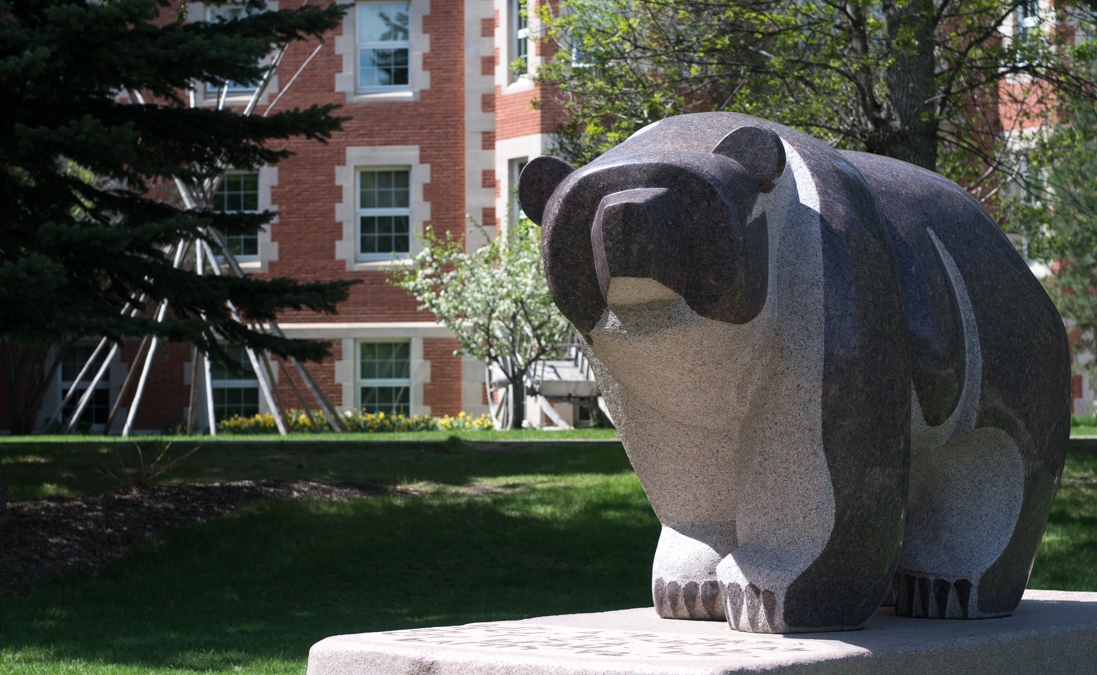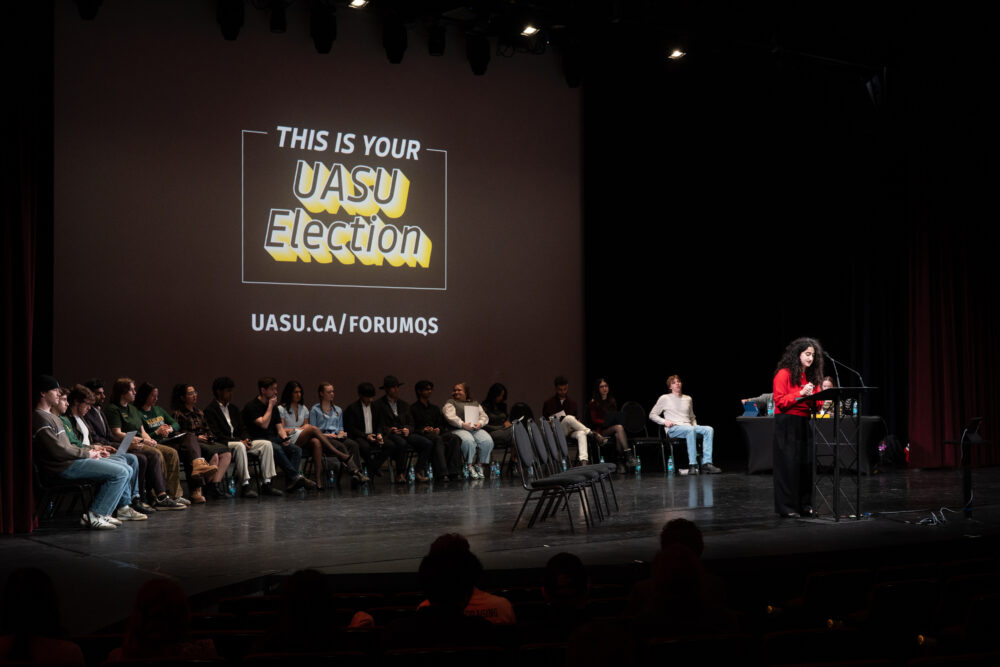New arts academic strategic plan aims to support Indigenous communities on campus
 Richard Bagan
Richard BaganUnlike past strategic plans released by the Faculty of Arts, the new 2017-2022 plan “Change for Good” includes objectives to increase presence and provide support for Indigenous scholars, staff, and students on campus.
Indigenous issues became a focus for the faculty following a call to action by the Truth and Reconciliation Commission of Canada in 2015. Vice-Dean of Arts Michael O’Driscoll said the plan includes objectives to recruit and retain more Indigenous faculty, staff, and students, as well as plans to integrate more Indigenous content into the arts curricula.
Potential projects may include more courses with an Indigenous focus, creation of new Indigenous spaces on campus, and scholarships for Indigenous students.
“I’ve been here for 20 years now and I’ve seen a lot of strategic plans come and go, but I’ve never seen anything with the heart and the pulse that this has,” O’Driscoll said.
To realize the objectives, the faculty has created the Arts’s Working Group for Indigenous Initiatives (AWGII) to guide the initial consultation process. O’Driscoll said the committee will be composed of both Indigenous and non-Indigenous staff, students, and elders that will identify within the university community the kinds of services, programs, and support Indigenous members are looking for.
O’Driscoll said AWGII’s role will be to spark a much-needed conversation in the faculty regarding reconciliation. Through surveys, focus groups, and town halls, the working group will identify ways the faculty can make campus more accessible and inclusive for Indigenous staff and students.
“It’s about access, but it’s also about making this a place where Indigenous students and faculty can succeed,” O’Driscoll said.
While O’Driscoll is excited about the faculty’s attempt at inclusion, others are worried whether the faculty can carry through with its’ promise. Current arts councillor and past Aboriginal Student Council president, Deirdra Cutarm, said she’s unsure about the plan’s long-term sustainability.
“All of these things already exist and they’re just making it known,” Cutarm said. “My main thing is that they won’t expand upon it, they’ll just let it flounder.”
Cutarm said things like increasing Indigenous course content and creating Indigenous spaces has already been done by previous Aboriginal arts advisors, staff and students. Rather than consulting Indigenous voices, Cutarm wants more Indigenous voices in positions of power.
She said many Indigenous professors are hired because they study Indigenous issues. Cutarm hopes the faculty will hire additional Indigenous faculty members in other departments.
“Them being Indigenous is just how they were born,” Cutarm said. “[Indigenous issues] shouldn’t have to be their research focus.”
Until she sees tangible results, Cutarm said she’ll remain wary of the faculty’s promises.
“It’s nice that people are talking about this,” Cutarm said. “But we’ve been talking about this for so long, I would prefer concrete results.”




